SLEEP APNEA
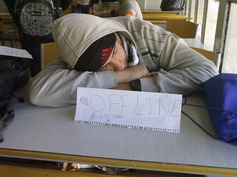
- Irritability
- Short attention span
- Poor concentration, memory and difficulty thinking
- Headaches
- Daytime sleepiness
As noted previously, sleep deprivation has been implicated as a causative or contributing factor in numerous incidents and accidents in the workplace, on the road and in the air. Sleep apnea is perhaps the most common medical (as opposed to self imposed) cause of sleep deprivation and, since it is treatable, it behooves us to screen for this condition in appropriate circumstances.
WHAT IS SLEEP APNEA?
There are 3 types of sleep apnea: OBSTRUCTIVE, CENTRAL AND COMPLEX.
OBSTRUCTIVE SLEEP APNEA (OSA) is the most common type of sleep apnea. It describes the obstruction of the airway by the tongue and soft palate during the deeper stages of sleep in susceptible individuals.
CENTRAL SLEEP APNEA is due to the brain failing to signal breathing, even though the airway is open.
COMPLEX SLEEP APNEA is a combination of the above types.
DIAGNOSING SLEEP APNEA
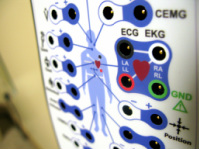
WHO SHOULD HAVE A SLEEP STUDY?
- Witnessed severe snoring and / or interruption of breathing in a sleeping individual
- Fatigue, sleepiness or falling asleep during the day
- High Blood Pressure which is not easily controlled, and / or other heart or cardiovascular problems
TREATMENT OF SLEEP APNEA
Any individual who has suffered significant sleep apnea and been successfully treated will describe how good it was to once again feel “normal” and energetic. In addition, many medical problems such as high blood pressure resolve with no further need for medication.
For further information click here.
Sleep well, be well.
E.A. Mastrangelo, M.D.
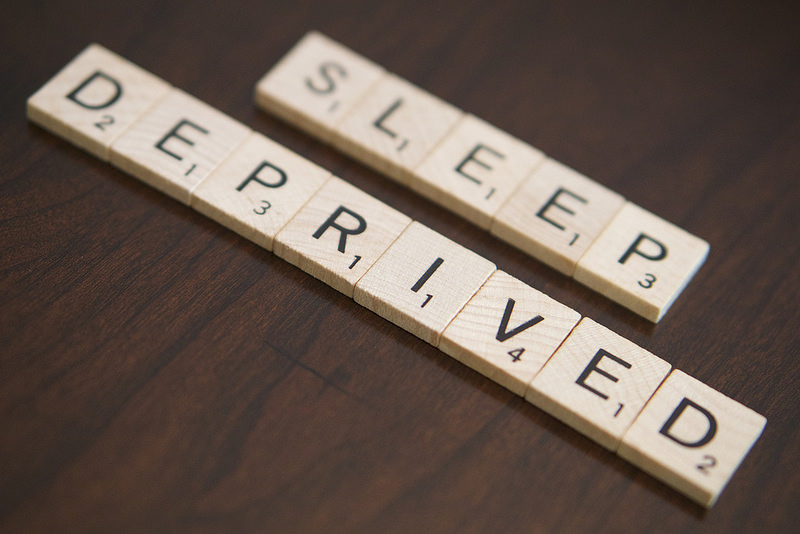

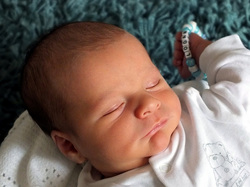
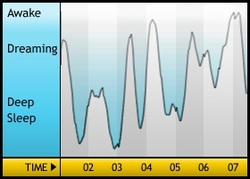
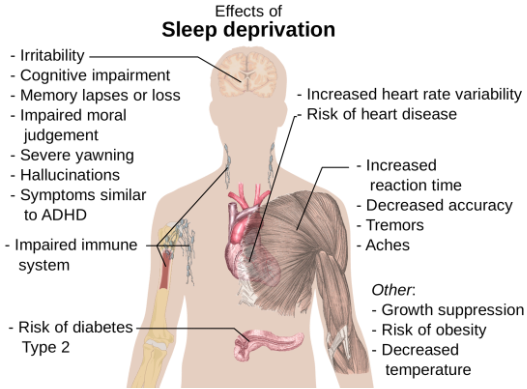
 RSS Feed
RSS Feed